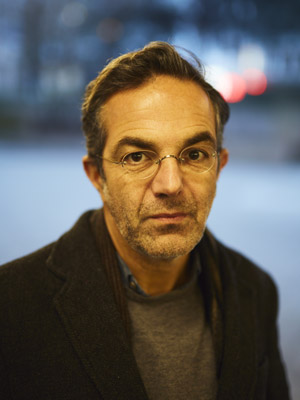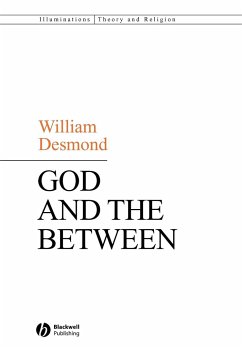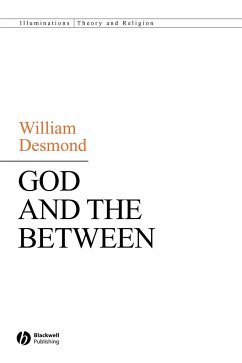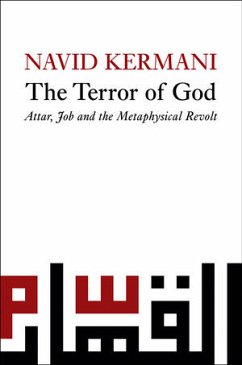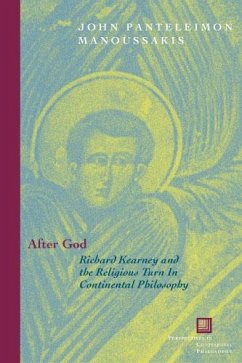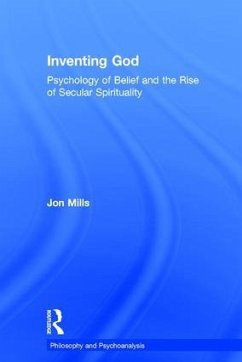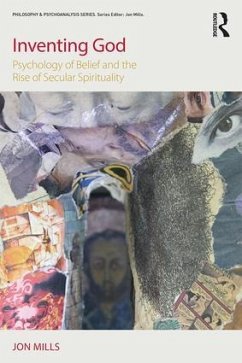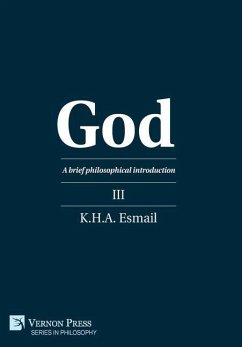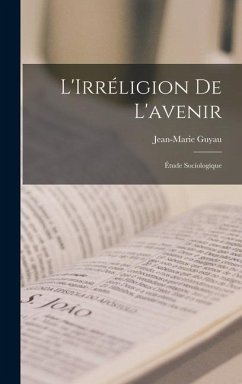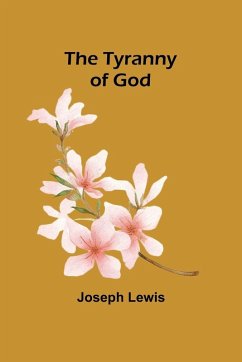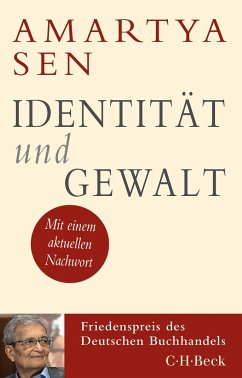
The Terror of God
Attar, Job and the Metaphysical Revolt
Versandkostenfrei!
Versandfertig in über 4 Wochen
66,99 €
inkl. MwSt.

PAYBACK Punkte
33 °P sammeln!
How can suffering and injustice be reconciled with the idea that God is good, that he loves humans and is merciful to them? Job's question runs through the history of the three monotheistic religions. Time and again, philosophers, theologians, poets, prophets and laypersons have questioned their image of God in the light of a reality full of hardship. Some see suffering as proof of God's existence, others as a demonstration that there can be no God, while others still respond by rebelling against Him. In this remarkable book Navid Kermani - a distinguished Islamic scholar of Iranian origin - s...
How can suffering and injustice be reconciled with the idea that God is good, that he loves humans and is merciful to them? Job's question runs through the history of the three monotheistic religions. Time and again, philosophers, theologians, poets, prophets and laypersons have questioned their image of God in the light of a reality full of hardship. Some see suffering as proof of God's existence, others as a demonstration that there can be no God, while others still respond by rebelling against Him. In this remarkable book Navid Kermani - a distinguished Islamic scholar of Iranian origin - sees this revolt against God as the central motif of one of the great but neglected works of literature: "The Book of Suffering "by the thirteenth-century Persian poet Faridoddin Attar. Through the prism of Attar's text Kermani tells the story of a religious faith that knows God but is angry with Him: a counter-theology that runs through many religions and connects Judaism, Islam and modernity. With astonishing range and stylistic brilliance Kermani brings Attar to life as one of us, enabling the great Persian poet to speak directly to us today despite the time that separates us.



